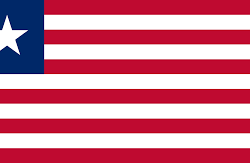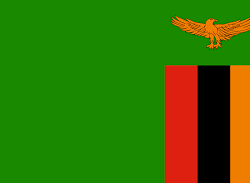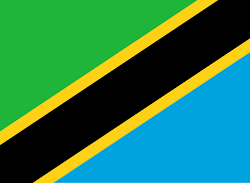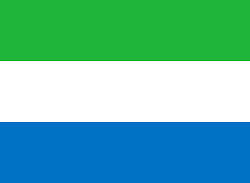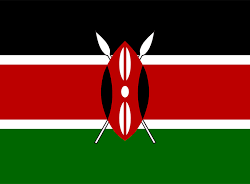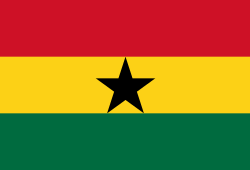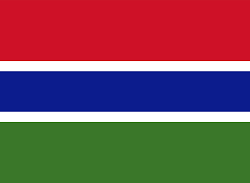Kenya series in English
Radio Station: RFM-RADIO 99.9 Producer Organization: FFSPAK Production Language: English Production Year: 2023 Programme 1: Financial Inclusion in Farmer Organizations This discussion highlights the significance of financial inclusion within farmers’ organizations, specifically through the utilization of Village Savings and Loans Associations (VSLAs). Financial inclusion is depicted as a critical means for small-scale farmers to access essential financial services, encompassing savings, credit, loans, equity, and insurance. VSLAs are identified as informal financial mechanisms that empower


